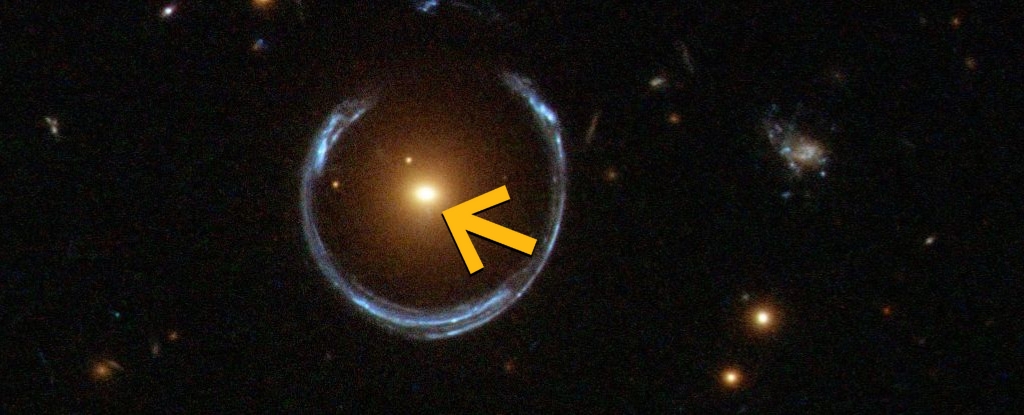
A black hole deep in the cosmos, some 5 billion light-years away, could be the most massive ever found.

A team of researchers proposes a new vision of the Universe's first moments. Their model eliminates the need for traditional speculative hypotheses.
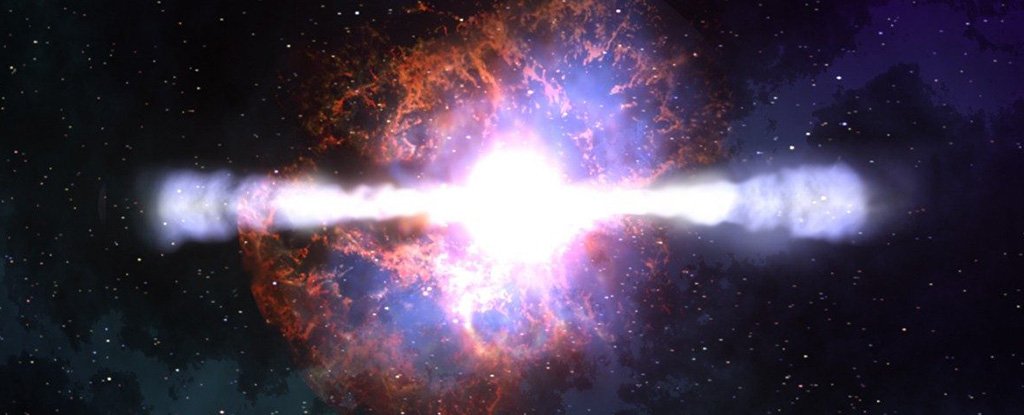
A surprising new study has found that under the right circumstances, cosmic radiation could actually make uninhabitable worlds habitable.
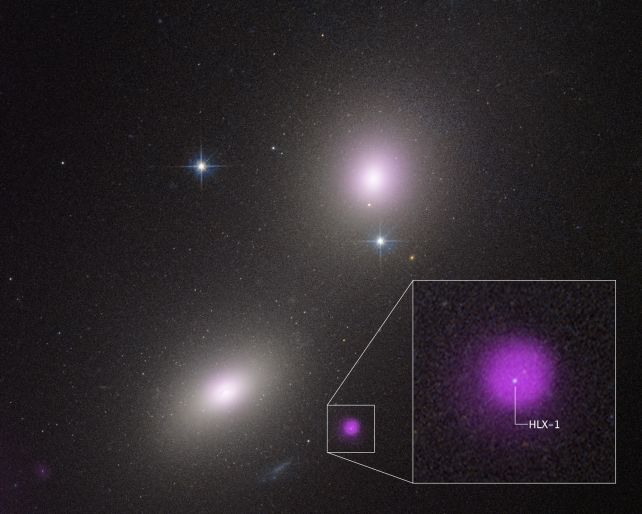
How we get supermassive black holes is a huge mystery.
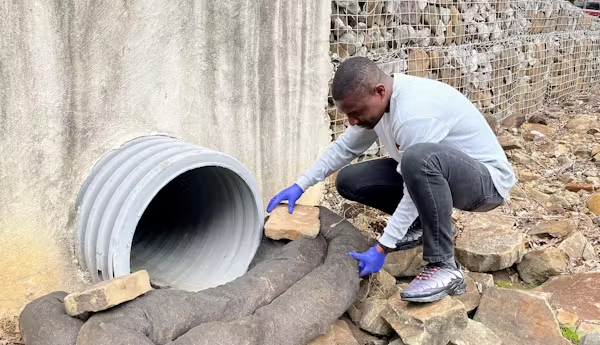
In recent times, tire wear particles have been found to account for about 45% of all microplastics in both terrestrial and aquatic systems.
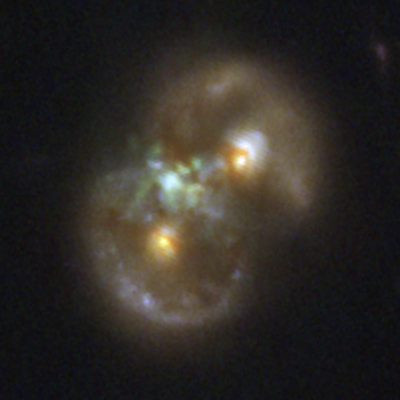
A pair of galaxies whose light has traveled for 8.3 billion years contains what astronomers believe is a supermassive black hole in the act of forming.
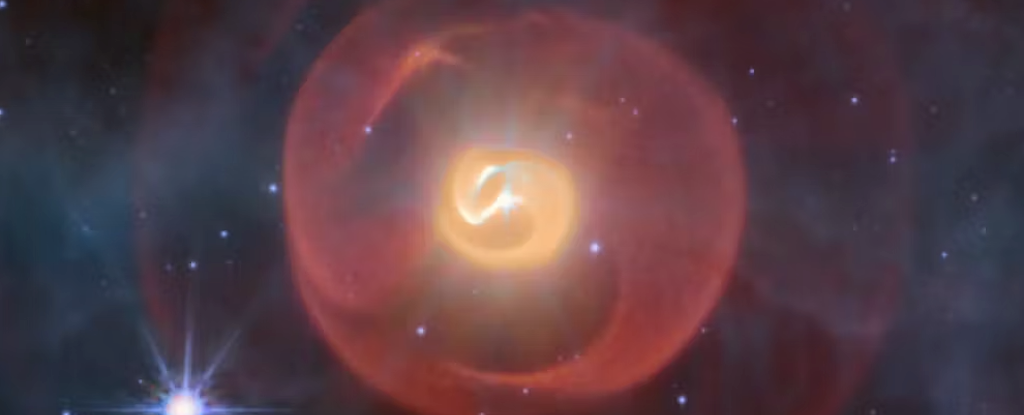
Right before they die as supernovae, the universe's most massive stars violently shed their outer hydrogen layers, leaving their heavy cores exposed.
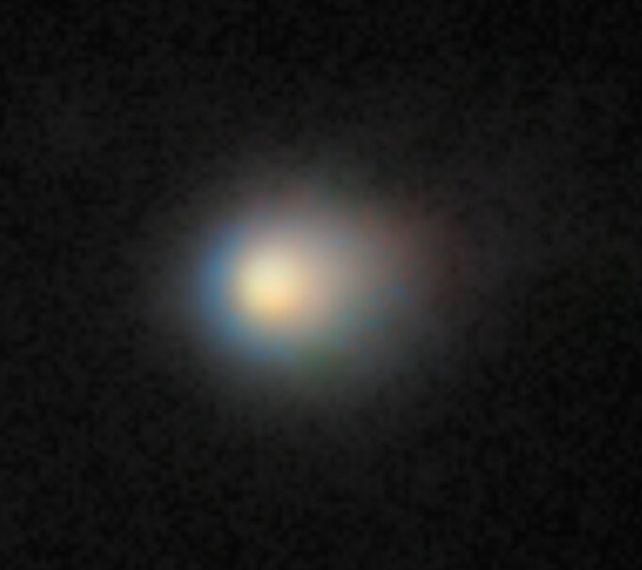
The speed and trajectory of 3I/ATLAS suggest that it comes from the thick disk of the Milky Way, the puffy region around the thin disk wherein just 15 percent of the galaxy's stellar mass resides.
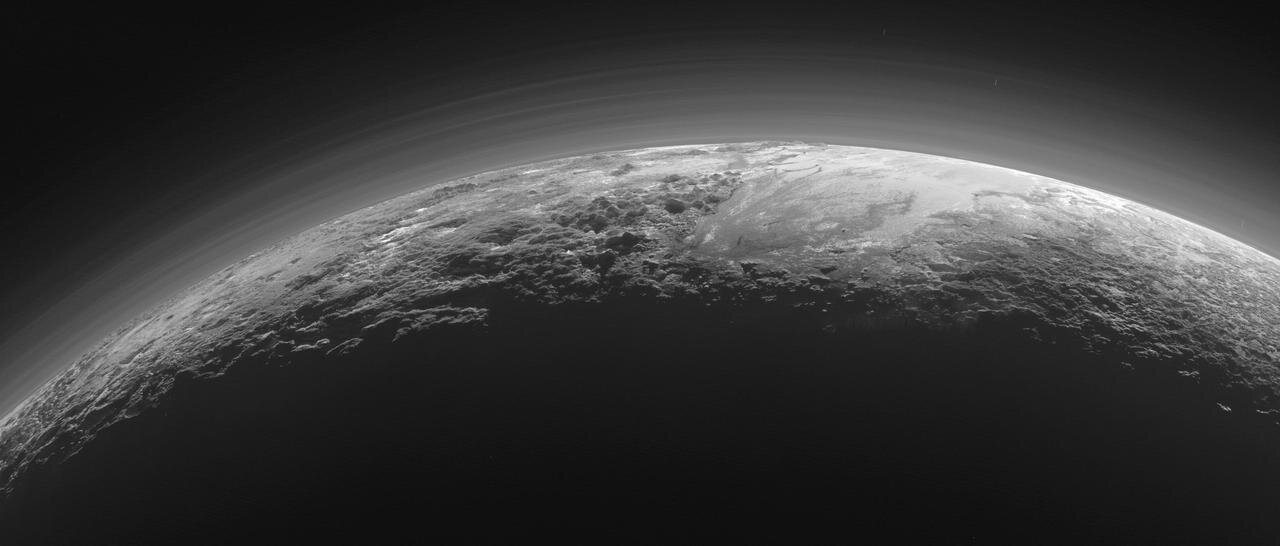
As NASA's New Horizons spacecraft traveled through the Kuiper Belt at a distance of more than 5.5 billion ml from Earth, an international team of astronomers conducted the first-ever successful demonstration of deep space stellar navigation.
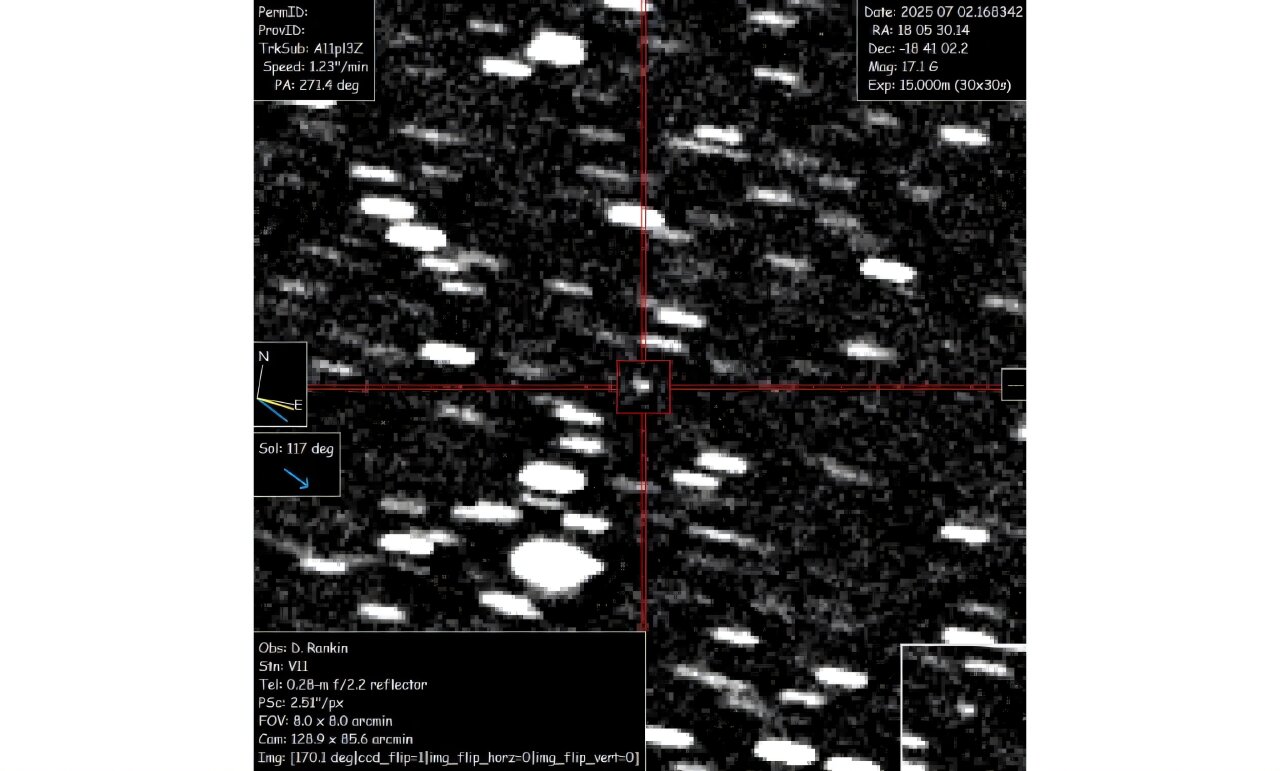
Astronomers on Wednesday confirmed the discovery of an interstellar object racing through our solar system - only the third ever spotted, though scientists suspect many more may slip past unnoticed.

As part of NASA’s efforts to expand access to space, four private astronauts are in orbit following the successful launch of the fourth all private astronaut mission to the International Space Station.
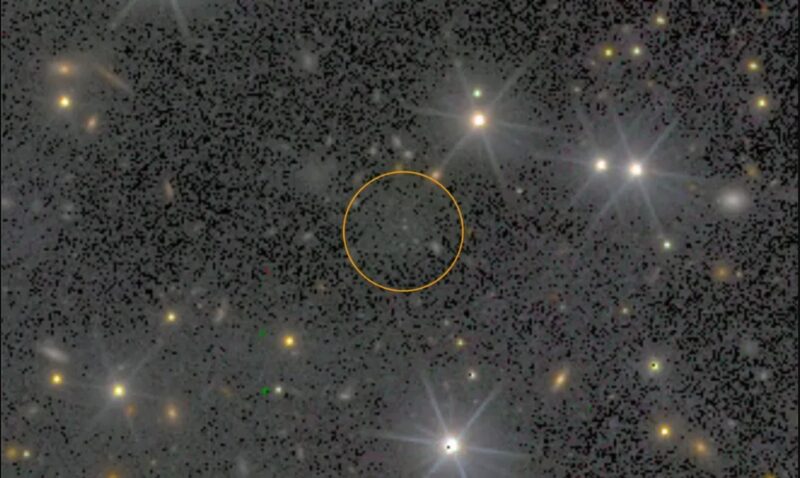
On June 20, 2025, Austrian researchers have discovered a dark-matter galaxy candidate in a cluster of galaxies some 240 million light-years away.

JWST has discovered and directly imaged its first exoplanet. It’s the first one Webb has found that other telescopes hadn’t previously found.

Astronomers have detected the smallest and most solar system-like planet ever directly imaged around another star.

An observatory in Chile with the world's largest camera has published first images of star nurseries and galaxies. The Vera Rubin Observatory can detect even tiny changes in the sky, making it an ideal asteroid spotter.